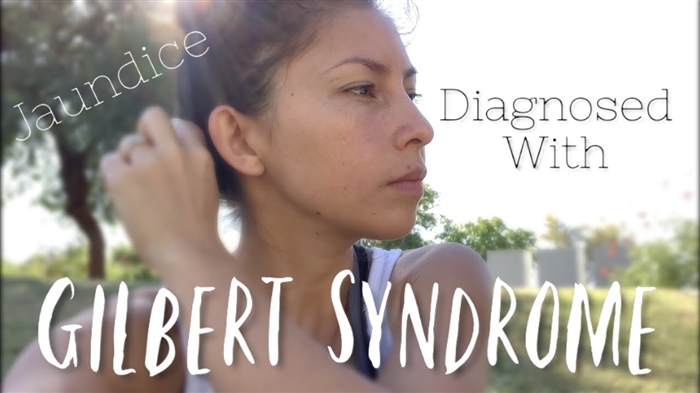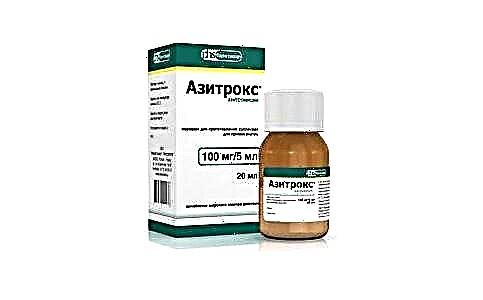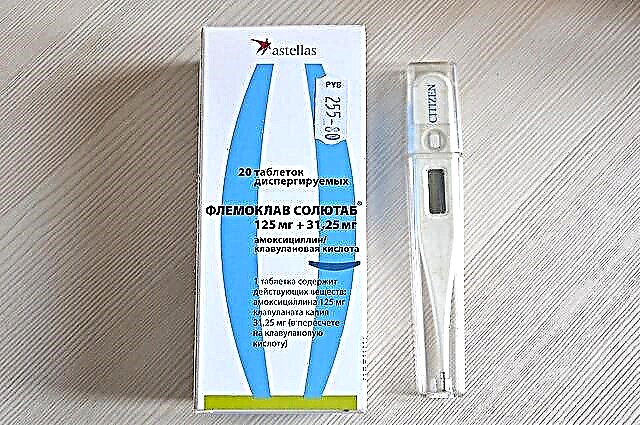Small children are most susceptible to intestinal infections, as their digestive systems are not yet strong. The causative agents are various pathogenic bacteria and viruses. The peculiarity of these diseases is their rapid development and relatively severe course.

Children most often suffer from intestinal infections
General information
The name intestinal infection is understood as a whole group of diseases in which the digestive organs are damaged. In total, there are about 30 of their species. What unites them is that they are all caused by pathogenic microorganisms (viruses, bacteria), are acute and are characterized by the same type of symptoms.
Intestinal infections are common among people of different ages, most often in children and people with weakened immunity. In terms of the frequency of visits to a doctor, they rank second after ARVI.
Germs and disease-causing bacteria enter the environment through feces, saliva, and sneezing. They remain viable on objects and products for a long time.
Classification
All intestinal infections can be divided into two groups according to the type of pathogen: viral and bacterial. Each type of disease has its own unique symptoms, in many ways the diseases are similar.
Among the common bacterial intestinal diseases, it should be noted:
- staphylococcal;
- salmonella;
- escherichiosis;
- typhoid.
Young children most often suffer from the following infectious diseases caused by viruses:
- rotavirus;
- enteroviral;
- adenoviral.
Each of these infections is dangerous, proceeds rapidly and can significantly harm the baby.
Depending on the course, 3 degrees of severity can be distinguished:
- Light form. All symptoms are mild, the temperature is low. Vomiting and diarrhea are observed 6-8 times a day.
- The moderate severity of the disease is characterized by a high temperature (up to 40 ° C). The condition remains difficult for a week.
- Severe form. All symptoms of intoxication are pronounced, gastric emptying occurs up to 25 times a day. Convulsions, toxic shock may occur.

Pathogenic organisms are found on familiar objects and products
The defeat occurs only in part of the digestive system, the site of inflammation is determined by the corresponding symptoms.
How intestinal infections occur
Pathogens are transmitted by household and airborne droplets. Pathogenic bacteria are released into the outside world through saliva, during sneezing, with feces.
On a note. On the surface of household items, vegetables and products, pathogenic microorganisms remain viable for at least 5 days.
There are several reasons for the penetration of infection into the child's body:
- non-compliance with the rules of personal hygiene;
- improper storage of homemade products;
- swimming in dirty ponds, pools;
- insufficient heat treatment of products;
- drinking untreated bad water;
- unsanitary conditions;
- improper nutrition, which provokes a weakening of the immune system.
After entering the baby's mouth, bacteria move into the digestive system, in particular the intestines, colon, and other parts of it. They begin their vital activity inside and provoke inflammatory processes in the stomach, on the mucous membrane and other organs.

Stages of development of rotavirus infection
Most often, intestinal infection is observed in children from 1 to 5 years old. Breastfed newborns get sick less often, as they are protected by the mother's immunity.
Intestinal symptoms
After pathogenic bacteria enter the child's body, saliva, hydrochloric acid, and beneficial bacteria begin to act on them. With weakened immunity, such protection does not work, pathogenic microorganisms begin to multiply. Improper unbalanced nutrition contributes to their faster development.
Signs of intestinal infection in infants and older children:
- flatulence;
- loss or decrease in immunity;
- an increase in temperature;
- lethargy and weakness;
- stomach ache;
- frequent and frothy diarrhea;
- rashes on the skin.
Bloody streaks are often traced in the child's feces, the frequency of emptying reaches 20 times a day. In rare cases, urinary retention may occur.

Symptoms for children and adults are the same, in babies it is more pronounced
On a note! Symptoms for children and adults are almost the same, but babies are harder to tolerate the disease and face it much more often.
Diagnostic measures and treatment
When the first signs of an intestinal infection appear, you should contact the pediatrician at the hospital, since the course of the disease is fast. Based on the examination, epidemiological and clinical data, the doctor makes a diagnosis and, if necessary, prescribes the necessary tests.
The most important role is played by the study of feces, which determines the type of pathogen and treatment. Blood cultures, additional urine and cerebrospinal fluid tests may be prescribed.
Important! When diagnosing an intestinal infection, it is important to exclude pancreatitis, acute appendicitis, biliary dyskinesia, lactase deficiency and other pathologies.
After confirming the diagnosis, the doctor prescribes complex treatment, which includes:
- health food;
- oral rehydration;
- systematic, etiotropic and pathogenetic therapy.
According to indications, children are prescribed antibiotics, intestinal antiseptics, absorbents and other drugs that help to cope with infection and the spread of the pathogen.

Only specialists can diagnose and prescribe treatment
Every mother should know what an intestinal infection is in a child, how it manifests itself, and what to do. If you suspect the development of the disease, parents should be able to provide their child with first aid. If you suspect a disease before establishing a diagnosis and prescribing a doctor:
- give antiemetic and pain relievers;
- doing an enema, especially with warm or hot water;
- use fixing drugs;
- warm up the stomach with a heating pad.
All treatment actions must be prescribed by a pediatrician.
How long does it last
The duration of an intestinal infection depends on the complexity of the course. Mild forms disappear in 2-3 weeks. It is considered normal if recovery occurs no later than 1.5 months later. The disease is assigned the status of a protracted chronic infection if the symptoms bother the baby for six months or more.
How to feed a child with intestinal infection and after
In case of intestinal infection, the child needs special food. In this case, the doctor prescribes Pevzner's diet No. 4, which must be used while the little one is being treated.
In order to prevent nausea and vomiting, you can eat:
- weak broths;
- slimy cereal soups;
- crackers, dried white bread;
- twisted boiled meat and fish (lean);
- baked apples without peel.
The first days, while the symptoms are pronounced, the child is given only weak light soups and broths. All dairy products, spicy, fried, smoked foods, onions, garlic, carbonated drinks are banned until the moment of recovery. The infant is reduced in volume, but the frequency of feeding is increased.
Note. It will take about 3 months to fully restore the digestive function of the stomach.
Taking rehydration measures
In addition to proper nutrition, prevention of dehydration is very important. To restore the water-salt solution, the doctor will prescribe various drugs (Regidron, Maratonik, Glucosolan).
On a note! With a mild stage of intestinal infection, according to Dr. Komarovsky, it is not necessary to treat the baby with medicines. The body has enough strength to deal with bacteria and produce the right amount of antibodies. It is important to monitor your drinking regime and ensure proper nutrition.
Many rehydrating preparations are powders. They are bred in water and given to the baby to drink every 10-15 minutes. In the absence of the necessary medications, a water-salt composition is prepared independently: 1 tbsp is added to 1 liter of water. l. sugar and 1 teaspoon salt and soda.
Complications of acute intestinal infection
With improper or untimely treatment, there is a high probability of dehydration, dysfunction of many internal organs, a decrease in the level of the immune system, the appearance of bacteriosis and other health problems of the baby.
With a severe degree of intestinal infection, the development of other equally serious pathologies is possible:
- Neurotoxicosis. A disorder of consciousness is observed, convulsions and hallucinations appear.
- Circulatory disorders. A decrease in blood pressure is characteristic, problems with the cardiovascular system appear, the skin turns pale.
- Renal failure In the lumbar region, dull pains appear, urination becomes rare and scanty.
- Hypovolemic shock. It develops as a result of dehydration of the body, the sinking of the eyes becomes noticeable, the weight decreases.
Only a negligent attitude towards the treatment of intestinal infection can provoke the development of such serious complications.
Forecast and prevention
Full recovery of the child can only ensure early and timely identification of the causative agent of the disease. Severe forms of the disease lead in some cases to serious complications.
It's worth remembering! After intestinal infections in children, unstable immunity.

The most effective way to prevent the development of infection is prevention
The main and effective preventive measures are:
- full compliance with the rules of personal hygiene;
- purification of drinking water;
- correct storage and preparation of food;
- mothers need to process their breasts before feeding, sterilize nipples and pacifiers.
All children who have been in contact with a sick baby are recommended to be placed in a little isolation, since an intestinal infection can appear within 7 days.
To prevent an acute intestinal infection from causing more serious health problems for the baby, it is necessary to consult a doctor at the first symptoms of it and follow all his prescriptions.



